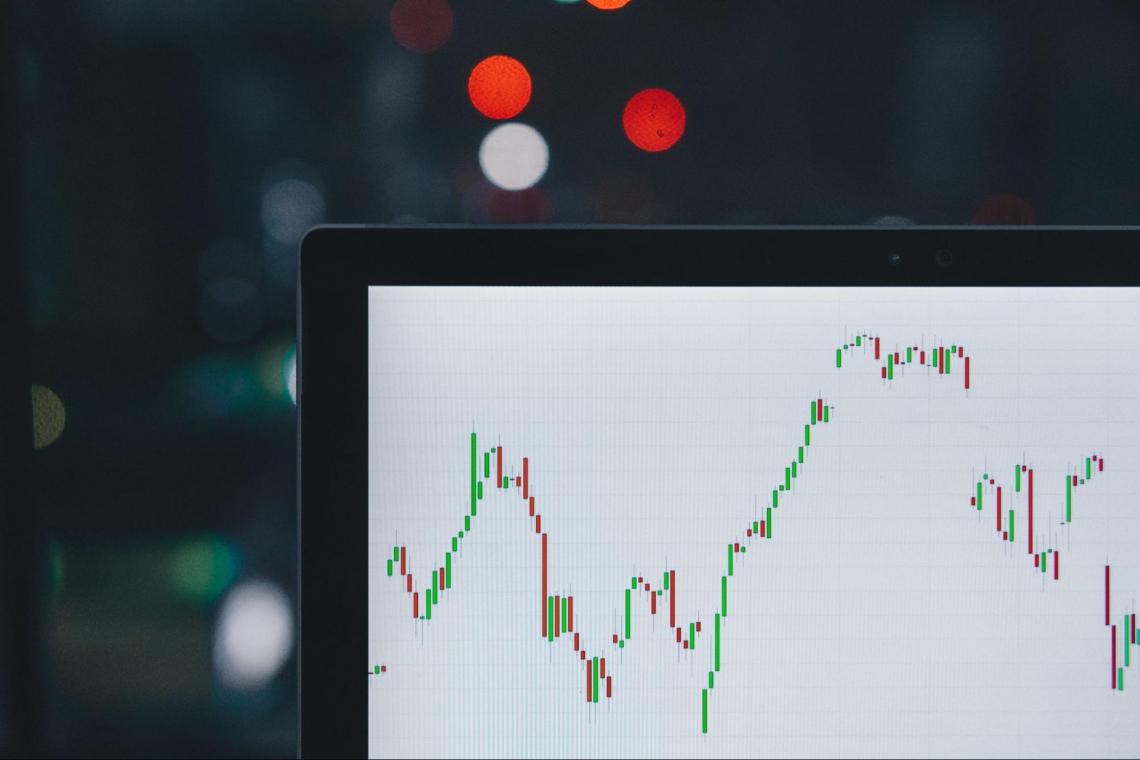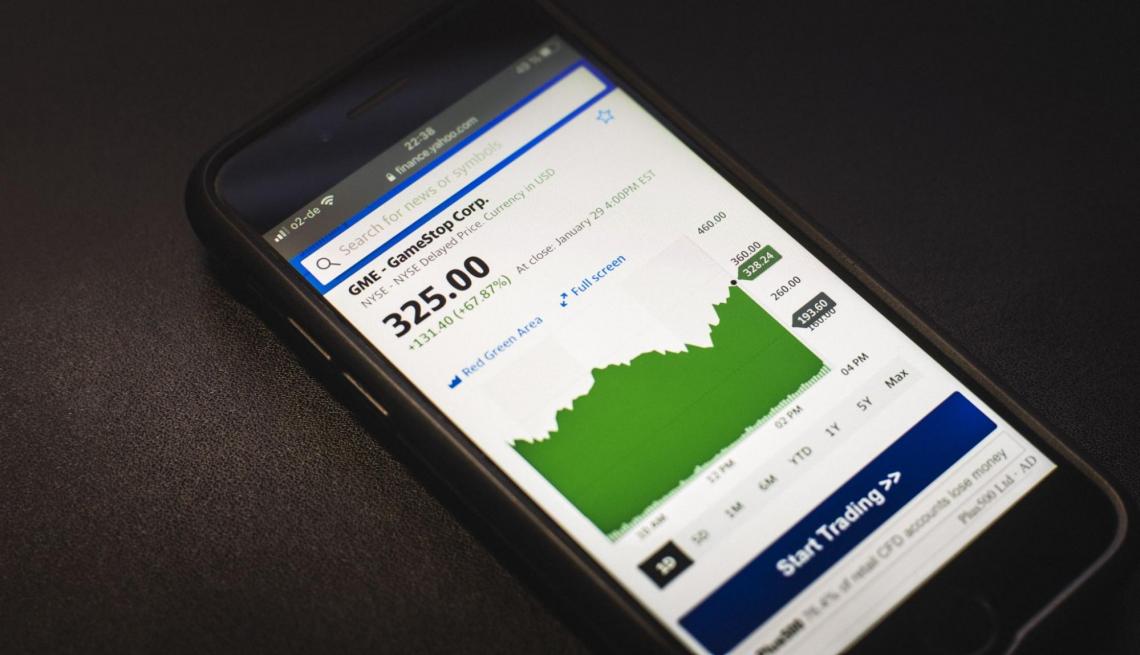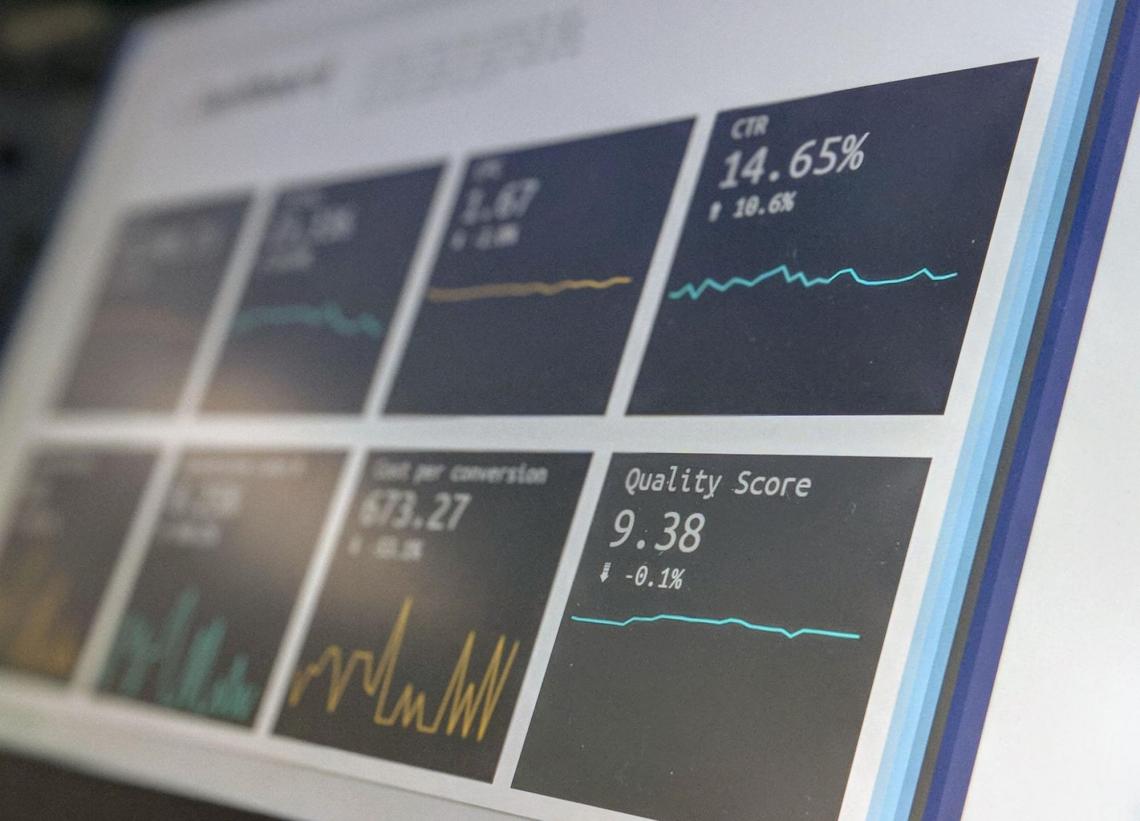Call Market
It is a platform where trading happens within a specified period.
A call market is a platform where trading happens within a specified period depending upon the type of contract throughout the business day. A call option derives its value from an underlying asset or a security.

The value of the call option fluctuates with the fluctuation in the value of the underlying security it derives its value. Therefore, like any other asset or commodity, its value is based purely on demand and supply to conveniently attain a suitable clearing price.
The market clearing price is the price at which the quantity demanded equals the quantity supplied. Hence, this price level balances the market.
The best overall match of the prices decides the clearing price.
Call stocks are usually used for assets that are not as volume as other stocks or commodities, even though they are not high-volume. However, a market still exists, and people are interested in trading in such commodities for which they deal in the call options contracts.
Call option contracts are tradeable on official exchanges and are more flexible than they already have predefined contracts that people need to abide by.
Many renowned call markets across the globe play a significant role in the financial world. Some examples of call markets include:
- New York Stock Exchange (NYSE)
- London Stock Exchange (LSE)
- Tokyo Stock Exchange (TSE)
- Shanghai Stock Exchange (SSE)
- National Stock Exchange of India (NSE)
More about the Call market
In a call market, all traders come together on a single platform, here on an exchange, at one place and time. In other words, the call market enables all the traders trading for an underlying asset or stock to come to a common place to trade simultaneously at the same place.

Buyers state the maximum rate to purchase the stocks, and sellers mention the minimum price to sell the shares.
The one who issues the call option "calls" for both buy and sell orders on the underlying asset to execute their collection at particular times during the trading day.
The definition of call options is on both the American-style and the European-style options. The owner can execute an American option at any time on or before the expiration date. But, the European call options can only be exercised on the expiration date.
Most of the options traded in the world are American-style, as they can be exercised anytime till the date of their expiration.
When a call option is exercised on or before its expiration date, it can be settled by transferring the specified underlying asset or commodity at the predefined price of the asset.

Thus, in a call option contract that involves a stock, a specified number of shares are transferred from the short to the long. This settlement is through the physical mode.
Options delivery can also be settled through cash payments. In such a case, the traders involved in the contract make/ receive payments to settle any losses or gains on the contract's maturity.
The asset that can be bought (in the case of a call option) or sold (in the case of a put option) is known as the underlying asset or just underlying.
There are a plethora of assets on which options are traded around the globe. They widely range from agricultural products like wheat to foreign currencies, live cattle, etc.
Some key features of this market include:
- Trading is conducted through an auction process
- Trading is typically conducted in a centralized location
- Trading is often conducted in person
- Trading is typically conducted in real-time
- Trading is typically limited to specific securities
How does it work?
A call market does not work similarly to a stock market, where the trading systems are classified into different criteria. Instead, a call market assembles the sellers and buyers of an underlying asset or security to trade simultaneously at the same place.

In different words, the buyer mentions the maximum price to purchase the underlying, and the seller mentions the minimum price to sell the underlying.
The auctioneer calls for the call market participants, purchasers, and sellers, to execute their call option at specific times during a trading day. Thus it is a discontinuous trading approach.
All the orders of the call options are specified at the clearing price, which is the price at which most orders are executable.
Above that, limit orders are implemented for the sellers to buy either below or at the clearing price and for the sellers to sell beyond or at the clearing price. Therefore, it offers more liquidity in such investments and makes the execution of the trades possible.
The call market is very cost unpredictable as the trade costs are known only when the traders register their orders. They do not know the level of the trading price before that. Therefore, the traders have yet to discover the possibility of the transaction.

The spectrum of price variation is much higher than in a continuous market.
The illiquid market becomes liquid during trading hours and returns to its original state after dissolves. As for the quantity of the underlying or the security may all be called at once or rotationally.
Compiling a plethora of trade orders of the same category also reduces the transaction costs for the market's participants and promoters.
Let's take an example of a company called Ferocious Ltd. They obtain the following buy and sell orders:
- buy 1000 shares at $500,
- buy 800 shares at $1000,
- sell 60 shares at $600, and
- sell 200 shares at $370.
Now, these orders will be rearranged and executed together after categorization at the best matching price available, the clearing price, which will be executable.
Here is a summary of how a call market works:
- Traders submit bids and offer for securities at set intervals.
- Trades are executed at the end of each interval based on the best available prices.
- Prices are determined by supply and demand.
- Trading may be conducted through a central location or electronically.
- Call markets may have different rules and regulations.
Call and Continuous Market
A continuous market is one where trading occurs continuously. The time and place of trading are also random and can occur at any place due to its continuous nature. In comparison, the call market is where trading occurs at chosen times, as written in the contract.

A continuous market allows flexible trading with characteristics like flexible timings of trades and liquidity, whereas the frequency of a trade in a market is primarily once or twice.
In a market, there is more underlying asset or security price uncertainty. On the other hand, the continuous market has less price uncertainty than market securities.
Price limits in the market for sellers are that they would not sell for less than the clearing price, and the buyers will not buy at more than the clearing price. However, the continuous market has no such price limits.
Most of the continuous markets we see today start their trading sessions with an auction. This enables many trades to be executed, and other trades are executed based on the initial auction, and the market continues for the rest of the trading session.

In the markets, an order-driven system is deployed to execute the trades in the market, with the help of single-price auctions to match buyers and sellers of similar contracts. All the orders on the buyer's and the seller's side are entered into the order book.
Then a single price is chosen to maximize the trading volume in the market.
Both markets have their limitations and strengths.
One of the major advantages of the market is that it provides liquidity to the assets or commodities that are otherwise highly illiquid and provides a platform for the traders to indulge in trading such commodities.
The advantage of a continuous market is that the traders can trade at any time within the trading day.
| Continuous Market | Call Market |
|---|---|
| Trades are executed continuously throughout the trading day. | Trades are executed at set intervals, typically at the end of each trading period. |
| Prices are determined by supply and demand in real-time. | Prices are determined by supply and demand at the end of each trading interval. |
| Trading is typically conducted electronically. | Trading may be conducted through a central location or electronically. |
| Trading may be conducted in various securities, such as stocks, bonds, and derivatives. | Trading is typically limited to specific securities. |
Significance in the real-world
The market provides a platform for the buyers and the sellers to trade a security at the same price and in the same place. This, as mentioned above, is referred to as the trading session that provides liquidity to the investment.

This mechanism allows for the optimization of executing all the trades that could be exercised. All the markets are utilized in economies where governments issue bonds and other risk-free securities.
As mentioned above, it provides liquidity to highly illiquid commodities that would be difficult to deal with in the real world. In addition, it provides a platform for traders to indulge in trading such commodities.
Some key ways these markets are significant in the real world include:
- Facilitating the exchange of securities
- Providing transparency and price discovery
- Providing an efficient way to trade securities
- Supporting the functioning of financial markets
The contracts are also standardized to avoid misunderstandings between the parties involved, and the date and time are also mentioned in the contract entered. The prices of the financial instruments traded are dictated by the exchange rather than by bids.
However, there is no guarantee that the contract will be exercised and that the losses could be minimized for both the buyer and the seller.
In conformity with the statement mentioned above, there is no guarantee that the options will be exercised as the investor has the right and not the obligation to exercise their right and buy or sell the underlying at a price mentioned in the contract beforehand at the date of expiration.
FAQs

A liquid market means a market for a financial instrument that can easily find buyers and sellers to deal with it. This means that the financial instrument's trading volume is high and, thus, more liquid.
The higher volume makes buying and selling a particular financial instrument easier in the financial market.
An illiquid market is created when the financial instrument is difficult to buy or sell due to a lack of interest in the investors. Investing in such instruments can be risky as only a few investors in the market are interested in buying or selling them.
Such stocks are not affected by day-to-day changes in the market, leading to less trading volume.
Call auction is synonymous with the market, where market participants place to buy or sell orders at specific bid prices. Orders that are compiled during an auction are conducted at the price that constitutes the best overall price.
A market order is an order placed for the purchase or sale of one or more than one securities in the marketplace on a trading day to be traded at a particular time and place. The trading system of the marketplace selects the time and place of trading.
A limit order is an order to buy or sell a specific commodity or stock with a restriction on the price limit. The limit is set to a maximum and a minimum level to which the price of that particular commodity can rise and fall, respectively.
If the order is filled, it will either be at the price limit or, even better, as per the deal. Yet, no guarantee of the implementation of the order can be given.




or Want to Sign up with your social account?